Decolonising Intervention
KILOMBO: INTERNATIONAL RELATIONS AND COLONIAL QUESTIONS
This is the first series to mark out a dedicated space for advanced critical inquiry into colonial questions across International Relations. The ethos of this book series is reflected by the bricolage constituency of Kilombos settlements of African slaves, rebels and indigenous peoples in South America who became self-determining political communities that retrieved and renovated the social practices of its diverse constituencies while being confronted by colonial forces. The series embraces a multitude of methods and approaches, theoretical and empirical scholarship, alongside historical and contemporary concerns. Publishing innovative and top-quality peer-reviewed scholarship, Kilombo enquires into the shifting principles of colonial rule that inform global governance and investigates the contestation of these principles by diverse peoples across the globe. It critically re-interprets popular concepts, narratives and approaches in the field of IR by reference to the colonial question and, in doing so, the book series opens up new vistas from which to address the key political questions of our time.
Series Editors:
Mustapha K. Pasha, Aberystwyth University
Meera Sabaratnam, SOAS University of London
Robbie Shilliam, Queen Mary University of London
Titles in the Series:
Meanings of Bandung: Postcolonial Orders and Decolonial Visions, Qunh N. Phm and Robbie Shilliam
Politics of the African Anticolonial Archive, Shiera S. el-Malik and Isaac A. Kamola
Asylum after Empire: Colonial Legacies in the Politics of Asylum Seeking, Lucy Mayblin
Decolonising Intervention: International Statebuilding in Mozambique, Meera Sabaratnam
Unthinking the Colonial Myth of Complexity: Ethnocentrism, Hierarchy and the Global in International Relations, Gennaro Ascione (forthcoming)
Decolonising Intervention
International Statebuilding in Mozambique
Meera Sabaratnam
Published by Rowman & Littlefield International Ltd
Unit A, Whitacre Mews, 2634 Stannary Street, London SE11 4AB
www.rowmaninternational.com
Rowman & Littlefield International Ltd.is an affiliate of Rowman & Littlefield
4501 Forbes Boulevard, Suite 200, Lanham, Maryland 20706, USA
With additional offices in Boulder, New York, Toronto (Canada), and Plymouth (UK)
www.rowman.com
Copyright 2017 by Meera Sabaratnam
All rights reserved. No part of this book may be reproduced in any form or by any electronic or mechanical means, including information storage and retrieval systems, without written permission from the publisher, except by a reviewer who may quote passages in a review.
British Library Cataloguing in Publication Data
A catalogue record for this book is available from the British Library
ISBN: HB 978-1-78348-274-0
Library of Congress Cataloging-in-Publication Data Available
ISBN: 978-1-78348-274-0 (cloth : alk. paper)
ISBN: 978-1-78348-276-4 (electronic)

The paper used in this publication meets the minimum requirements of American National Standard for Information SciencesPermanence of Paper for Printed Library Materials, ANSI/NISO Z39.481992.
Printed in the United States of America
To the much-missed Dr. Sabapathy Sabaratnam (19452013), who knew how to make a good case.
Contents
This book project has cooked for a long time, and many have helped stir the pot. I warmly thank Celestino Jemusse Jackson Silva and Adlia Alberto Martns for their research assistance in Mozambique. I thank them and Arcenia Guambe Horstmanshoff for their ongoing inspiration and friendship. I also express my deep gratitude towards all those interviewed across Mozambique who welcomed us, gave us their time and frank commentary on what was going on around them. I promised that you would remain unidentified in the project, but your generosity and insights made this project possible. Even though you told me what to put in this book, I hope it speaks back to you.
A number of very wonderful scholars have also generously supported this project through their feedback and commentary on the text and ideas. Special thanks go to Mark Hoffman, Kimberly Hutchings, Kirsten Ainley, Chris Alden and George Lawson for their input during its genesis as a doctoral project at the LSE, Chris Cramer for his comments on the thesis and Devon Curtis as I reworked the project at Cambridge. Joe Hanlon and Colin Darch helped me retrieve primary material relating to Mozambique at crucial junctures. Other important interlocutors for the project have included Tarak Barkawi, David Chandler, Julian Go, Lee Jones, Rahel Kunz, Suthaharan Nadarajah and David Rampton, plus the Bag of Dorks. I am particularly grateful for the feedback and input of Marta Iiguez de Heredia, John Heathershaw, Kerem Niancolu and Rahul Rao on the draft chapters of the manuscript in its late stages. There are unpayable debts to Laleh Khalili, Robbie Shilliam and Mark Laffey for their generous, detailed and thoughtful comments on the entire manuscript. I would also like to express my gratitude to Anna Reeve, Dhara Snowden and Mike Watson at Rowman & Littlefield International for their encouragement, accommodation and efficiency and to the reviewers for their guidance and feedback.
As always, love and thanks to my family for all their care and support and to Mark, who carried me over the line. This book is dedicated to my late father, who I think would have appreciated the argument.
Material support for the three research visits to Mozambique was provided by the Faculty of Law and Social Sciences at SOAS, University of London, the LSE Department of International Relations and the Economic and Social Research Council of the UK Government (ESRC ES/ F005431/1). Sections of the book and argument were also presented at the LSE International Theory Seminar, panels at the ISA on statebuilding and the liberal peace and a public lecture at Tecnolgico de Monterrey, Mexico.
, sourced from Mozambique History Net, is owed to Frelimo, Edio do Departamento de Trabalho Ideolgico in Maputo and was likely published in the regular publication Revista Tempo around 1979. It has not been possible to secure copyright for the reproduction of this image so far, but the publishers will be pleased to address this in future editions of the work.
I did not begin this study of post-war international statebuilding interventions expecting to find failure. I was in fact looking for success. Mozambique seemed worthy of study because of its relative neglect in the scholarly literature, except that it had been held up as a success story for peacebuilding and development. This was particularly in terms of the sequencing of its elections and demobilisation under UN auspices after the war ended in 1992. It had experienced high GDP growth, had held regular elections, had undertaken a series of economic and political restructuring measures with the support of international financial institutions, had a former president win the Mo Ibrahim Prize for African Leadership and recorded a marked drop in its level of absolute poverty between 19967 and 20034. I read up on the theory and practice of peacebuilding and statebuilding, went through books on Mozambican history, processed the policy reports, looked at the profile of bilateral donors, multilateral agencies and NGOs in the country, learned Portuguese and set off.

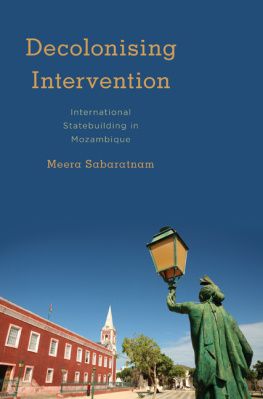


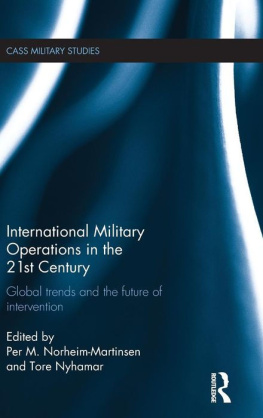
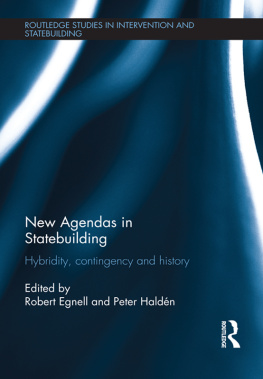

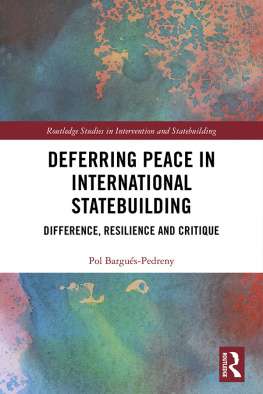
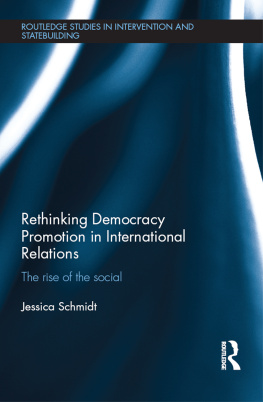
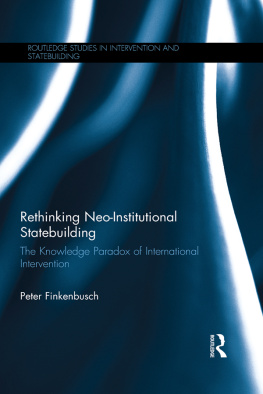
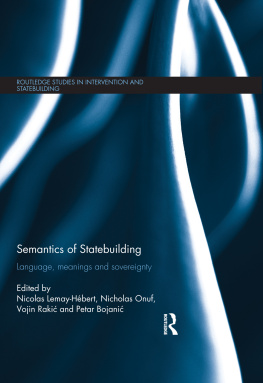
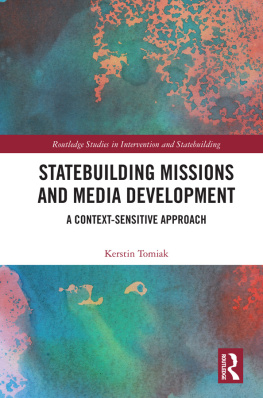
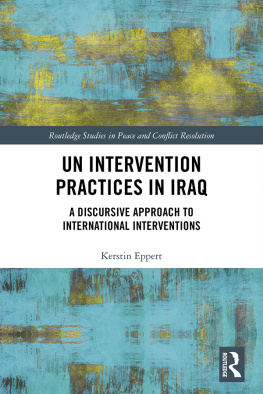
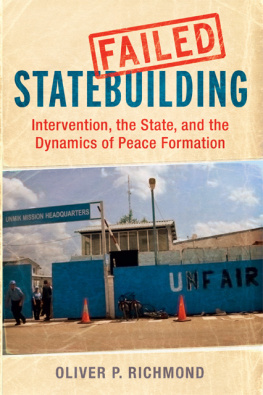

 The paper used in this publication meets the minimum requirements of American National Standard for Information SciencesPermanence of Paper for Printed Library Materials, ANSI/NISO Z39.481992.
The paper used in this publication meets the minimum requirements of American National Standard for Information SciencesPermanence of Paper for Printed Library Materials, ANSI/NISO Z39.481992.